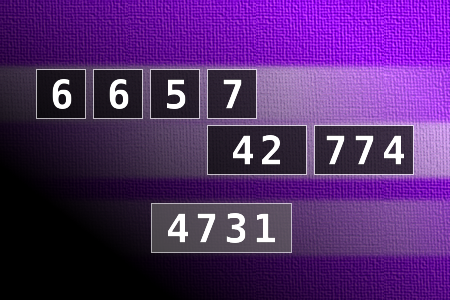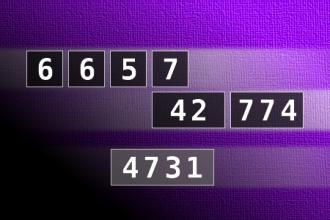Calculate the number 4731
NUMBERMANIA: Calculate the number 4731 using numbers [6, 6, 5, 7, 42, 774] and basic arithmetic operations (+, -, *, /). Each of the numbers can be used only once.Correct answers: 23
The first user who solved this task is Maryam Pouya.
#brainteasers #math #numbermania

Nun of Your Business
While shopping in a food store, two nuns happened to pass by the beer, wine, and liquor section. One asked the other if she would like a beer.
The second nun answered that, indeed, it would be very nice to have one, but that she would feel uncomfortable purchasing it.
The first nun replied that she would handle it without a problem. She picked up a six-pack and took it to the cashier. The cashier was surprised, so the nun said, This is for washing our hair.
Without blinking an eye, the cashier reached under the counter and put a package of pretzel sticks in the bag with the beer.
The curlers are on me.

